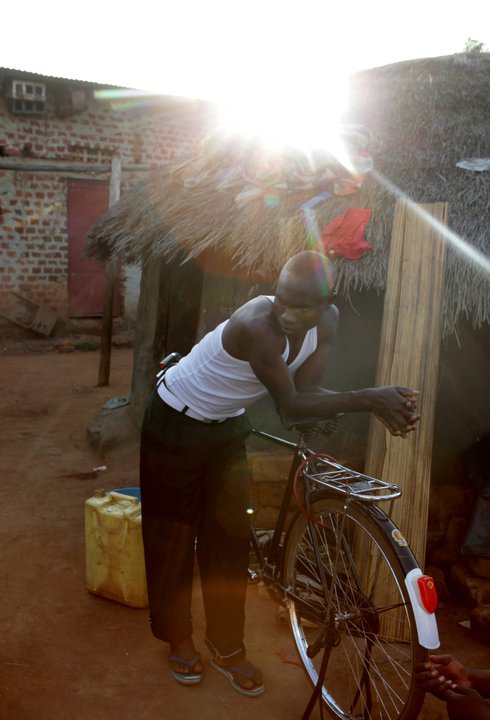
While it might be easy to suppose that the reinstatement of the amnesty policy for returned LRA in Uganda is of minor consequence in that conflict and a simple codification of what has been the de facto prosecutorial policy from the Uganda Attorney General’s office anyway, the truth is it does matter and it does make a difference. ‘Come Home’ programing in the form of FM radio broadcasts and leaflets has had a significant effect on bringing combatants and dependents out of the bush. Last year there were an estimated 475 returnees, which represents a significant year over year increase with studies indicating that close to 90% reference the ‘come home’ messaging as a main factor in their decision to come out. Behind those compiled statistics and that program of encouragement is each individual’s decision to try and escape or to surrender, and the fear involved with reprisals for acts they may have been made to carry out looms large. Of course it is complicated to even say “made to carry out,” as it is an impossible system which abductees are thrown into where killing can often be the only way to keep from being killed, and where more subtle forms of pressure, intimidation and outright brain washing for compliance are brought to bear. It is not a black and white thing, what you were made to do on threat of your own death and what you were more compliant in; it is in fact the same dynamic faced by victims of abuse of all kinds, especially children, and what often keeps them from coming forward. This is something that victims have spoken to us at length about, but only once you can get them to speak about it at all, once you can break through that wall erected by the deep belief in their own guilt and shame and fear. The psychological effects and PTSD are difficult enough to deal with, beyond what any of us who haven’t been through it ourselves could imagine, and the legal concerns added to that can erect a barrier against getting children back from the bush and that keeps this conflict from ending. As noted in a recent piece from IRIN:
Janet Awor, who abandoned the LRA in 2012 and returned to her village of Awor, in northern Uganda, said: “I have been living in fear knowing that somebody from this village would take me to court because you know when you are in the LRA doing bad things is hard to avoid.”
A codified amnesty policy appreciates that situation, says appropriately that ‘it is not your fault’, and allows more of the abducted to make that difficult decision to come home. Though the policy had been allowed to lapse in May of 2012, it has been a longstanding policy in this quarter century old conflict and it is a Ugandan solution, as was the origination of ‘come home’ programing and FM broadcasts by Lacambel Ogena in Gulu. Africa more broadly has lessons to teach the world about the reconciliation process and we need to keep listening, as a cooperative relationship based on mutual respect is the only one that can survive, and as it is that which is not only best in the human spirit, like forgiveness, but what will defeat Kony and the LRA in the end.
-Hunter Heaney, Founder & CEO, The Voice Project
